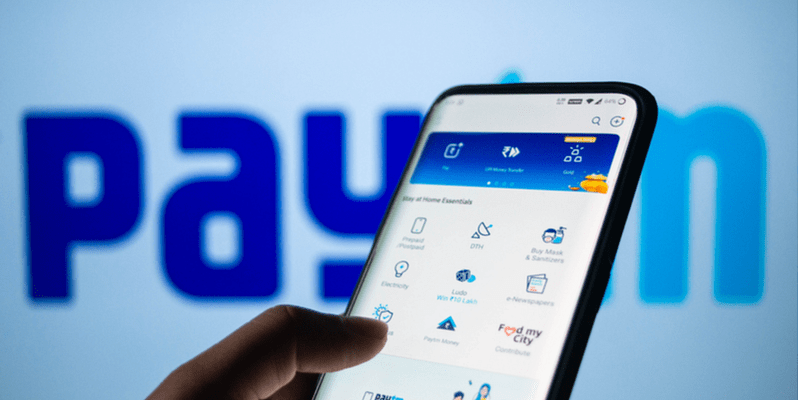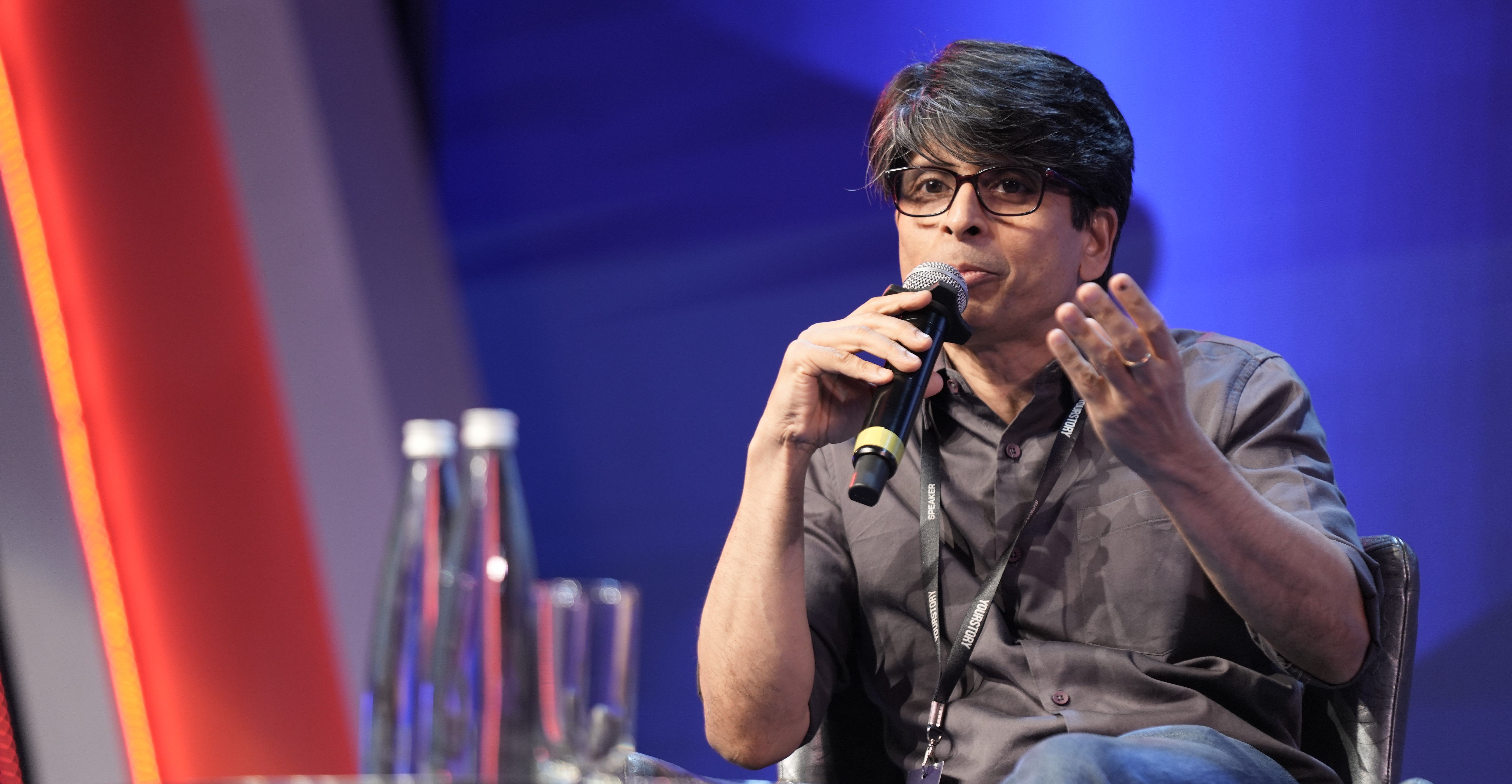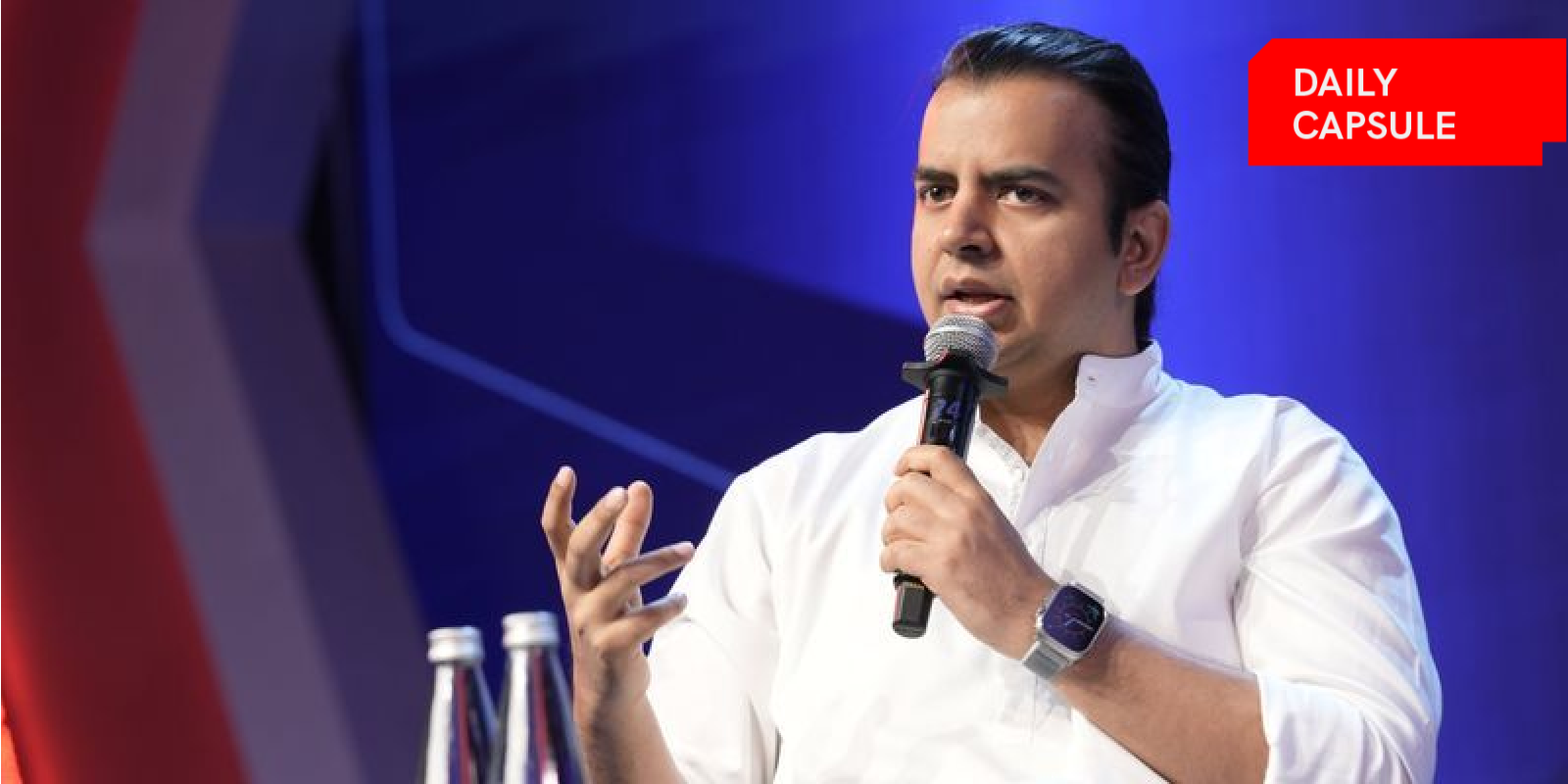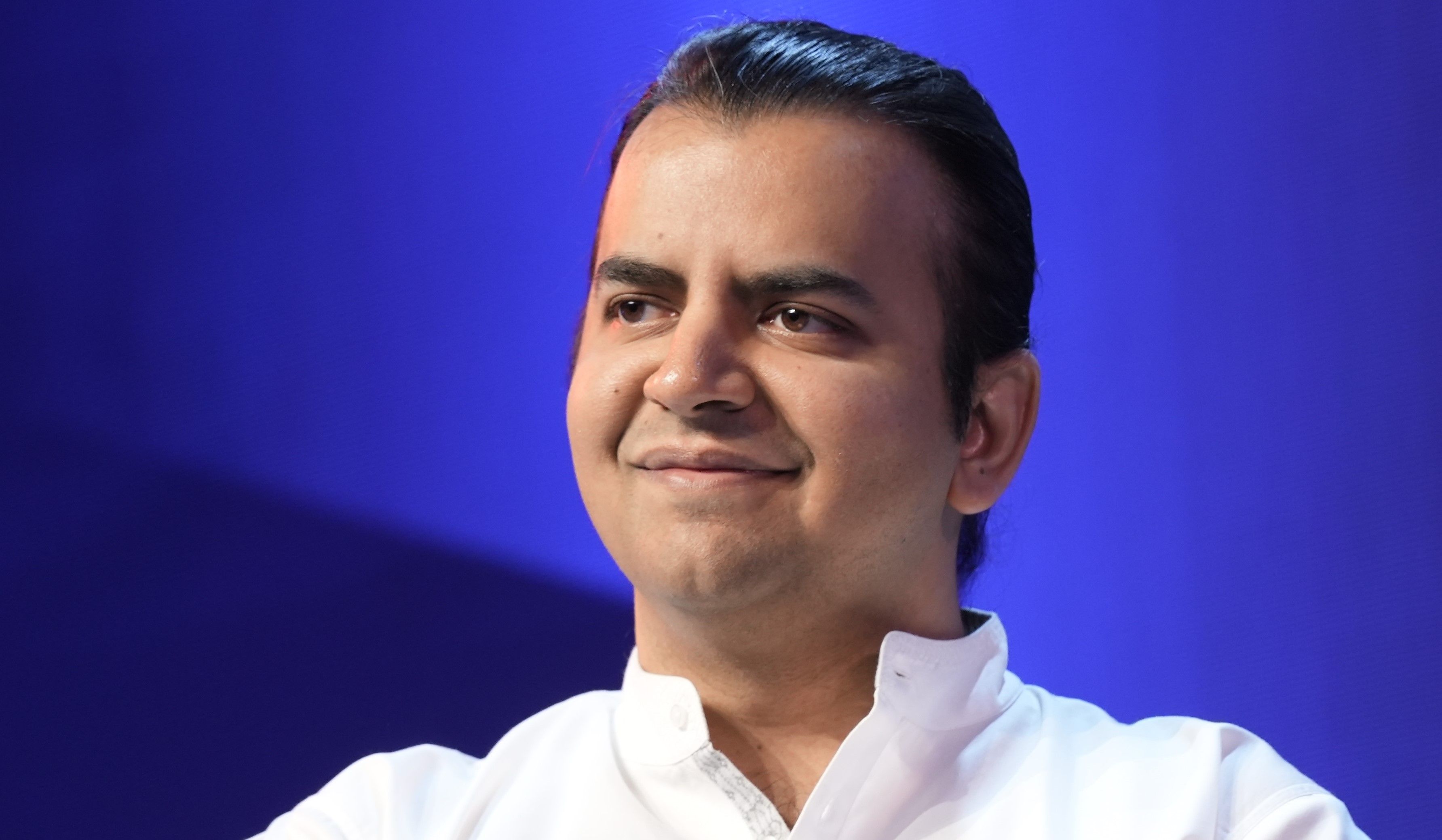Corporates to support more healthcare startups: an overview of the sector in India
Healthcare as a sector in India has always been hot. The need for innovation is huge and it presents a big business opportunity.
If we’re talking numbers, the healthcare sector in India is expected to grow at a CAGR of 15 per cent to touch US$ 158.2 billion in 2017 from US$ 78.6 billion in 2012, according to a report by Equentis Capital. The per capita healthcare expenditure stood at $ 57.9 USD in 2011, and going forward it is expected to reach US$ 88.7 by 2015.
There are multiple factors behind the growth of the sector like rising incomes, easier access to high-quality healthcare facilities and greater awareness of personal health and hygiene. The overall scenario may seem rosy but the ground realities point to the fact that there are grave problems in terms of population, child mortality, diseases, etc which pull the country down. There have been efforts from the government and the private sector to create an impact in the area but the space remains open for innovation and startups can create a dent.
The India Brand Equity Foundation came out with a report that lists some of the steps being taken by the private sector:
- Jaypee Group plans to diversify into healthcare by investing in excess of Rs 2,000 crore (US$ 332.68 million) over the next 3–4 years to set up a hospital chain with a minimum capacity of 3,000 beds.
- Medwell Ventures Pvt Ltd has acquired Bengaluru-based Nightingales Home Health Services, which has more than 5,000 families subscribing to its annual care plans. The company expects to establish a network in 10 Indian metro clusters serving over a million families in the coming years.
- ChrysCapital has invested around US$ 40 million in Torrent Pharma, expanding its portfolio of healthcare companies and taking up the total exposure in the sector to nearly US$ 300 million.
More recently, GE HealthCare announced that it will open its John F Welch Technology Center in Bangalore for startups with a focus on ideas around frugal innovation in the maternity and infant healthcare space. "Once the products are developed, we will talk to the developers on possible co-licensing or even possible acquisitions of these startups," said Vikram Damodaran, Director of Healthcare Innovation at GE Healthcare India.

These are steps in a positive direction but for early stage startups, it’s a tough uphill journey. Startups will always need the help of corporates but it is difficult unless you come with a very strong recommendation or credentials. Mitesh Bohra, the Founder of Savetime, puts it very bluntly, “Indian corporate market is a tough one in general. Healthcare corporates treat smaller outfits like a child who doesn't know anything. We get a lot of skepticism on whether we are okay enough to do business with them. For the ones who do end up working with you, the typical red tape will kill the speed at which startups generally operate.”
There are multiple examples of how startups in the area have died. As a startup, it becomes crucial as to what your entry point is within healthcare. There have been startups like Practo, Portea, and Denty’s, etc (and more settled ones like Vaatsalya) that have managed to persist, get backing and reach a formidable position.
We at YourStory have also supported startups like Forus Health, Diabeto, Praxify via TechSparks, an annual technology startup recognition platform.
To survive in healthcare, and especially when you’re selling to hospitals or corporates, the bottom line is to have the connections to pull the right strings as it is hard to tilt the balance in your favour as sales cycles are long.
The other way is to enter the space via a B2C model. DoctorC is basically a technology company in the healthcare space. They help consumers compare quality and price (currently across Hyderabad). Talking about their early days, Co-founder Mansi Gandhi says, “We work both with healthcare providers and consumers, so we've had a chance to get both perspectives. Customers love the fact that they can make an educated choice and save a little money. For diagnostic centers, we are a completely new sales channel.” There are other startups like Surgerica, Dawa, etc. which are also trying to make a dent in this massive healthcare space.
The next edition of TechSparks is coming up and healthcare will again be one of the key areas of focus.

If you’re looking to connect with more stakeholders in the space or you want to present your product in front of a huge audience, do apply to become a Tech30!
We’d love to hear more about your experiences in the healthcare domain. Do drop in a comment or write to [email protected].











